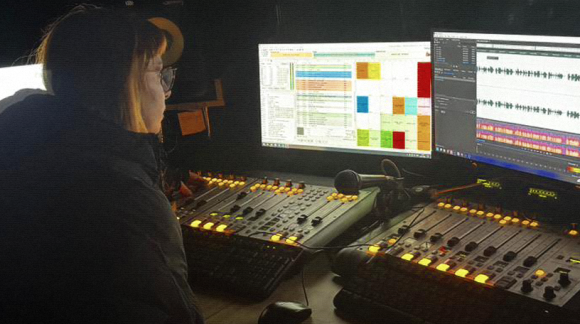In the first few months of Russia’s full-scale invasion of Ukraine, the “Nakypilo” editorial office became a shelter for other Kharkiv journalists, as well as for the residents of the building where the office is located.
Olena Leptuha, “Nakipilo” editor-in-chief and IMI representative in Kharkiv oblast, spoke about this in her interview with IMI.
“We bought stocks of medicine and food for the editorial office, withdrew some cash. For several months, our editorial office was a shelter not only for our journalists. We had another editorial team living with us. And the residents of the building where our office is located were also there. We have a kitchen, a shower. Luckily, it was the basement floor. But that food and medicine did not last us a long time – we had not prepared for daily, several times a day airstrikes, for artillery and street battles. Of course, we were prepared for nothing of this scale,” Olena said.
According to her, IMI’s advice helped editors to prepare for hostilities. And not only in terms of purchasing the necessities.
“We have developed some protocols: who will be where. On the last relatively peaceful Saturday, I gathered the team. Everyone reported where they would be, what they would do (evacuate or stay), they listed the addresses where we could find them if something happened. For example, one of our colleagues lived in Pivnichna Saltivka. She said – if they start something, I will come to ‘Nakypilo’ (to the editorial office – Ed.) and stay there. Overall, everything depended on the editorial team’s approach, because after the start of the full-scale invasion and as I was helping provide journalists with armored cars, Starlinks, first-aid kits, there was some confusion,” added the IMI representative.
She noted that the prescribed protocol helped with the team’s evacuation and partially worked.
“We had several options as to how we would drive, which routes we would take. And it all worked out. We reached the place we planned to reach. And it helped to keep working, not stopping even for an hour. Our media outlet kept working. I saw that ‘Suspilne’ resumed its work very quickly. That is, many online media were covering the events there and then,” Oleha Leptuha said.
As IMI reported, in May, multiple Kharkiv journalists received personal threats from the russian occupiers, and DDoS attacks are being carried out on the websites where they work.

